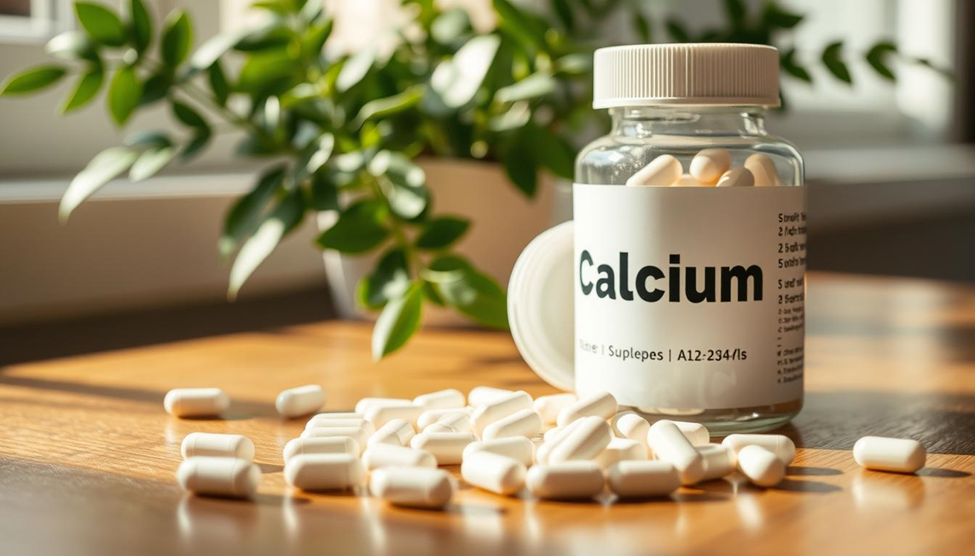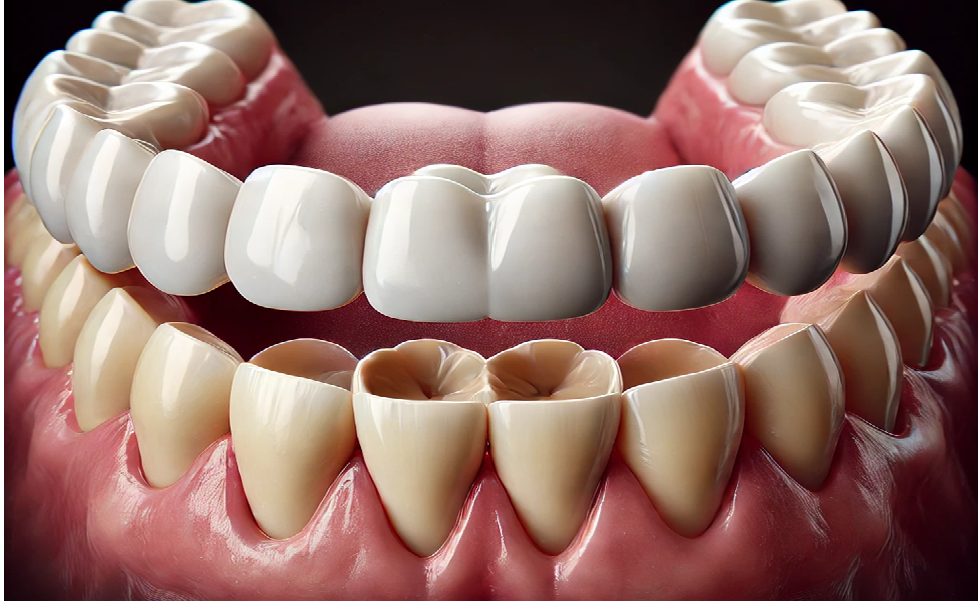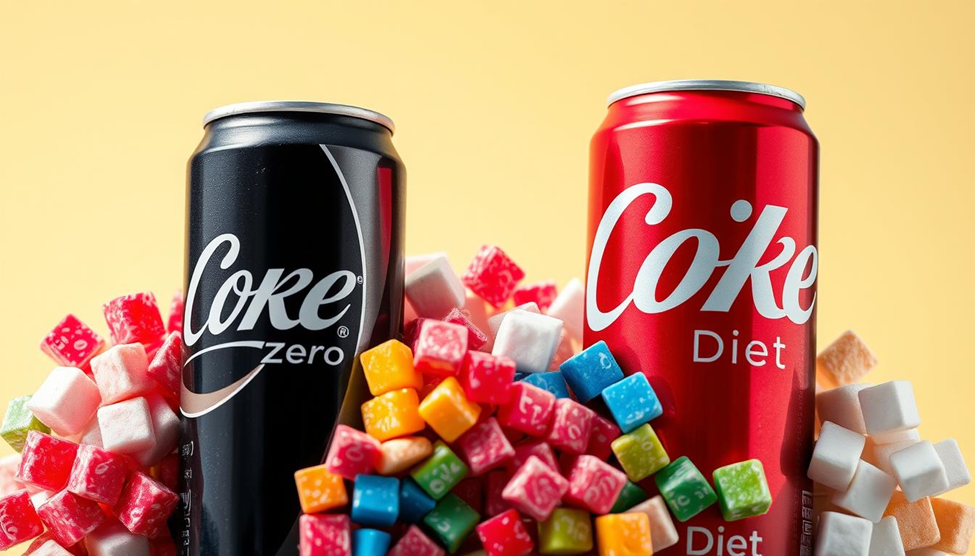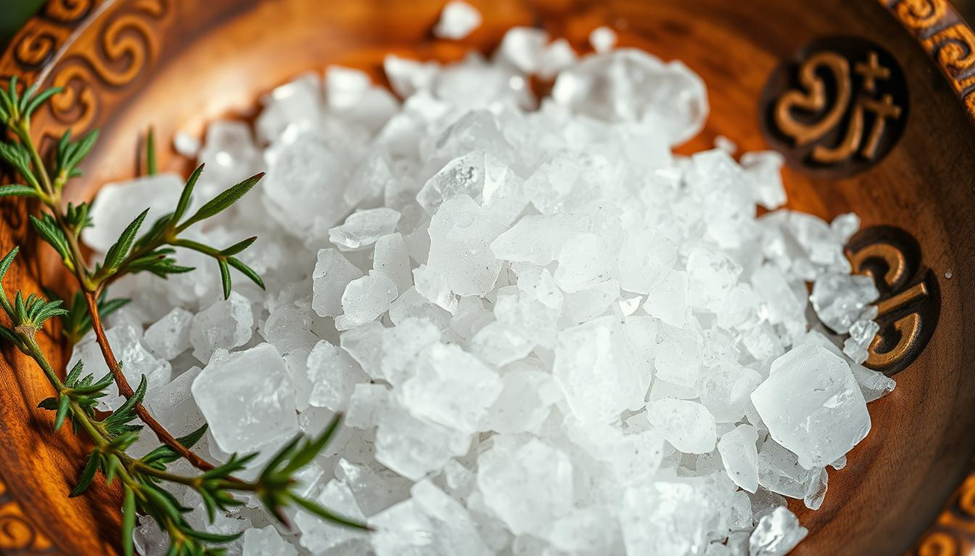Rice is a staple for over half of the world's people, with 120,000 types1. It's packed with carbs, proteins, and minerals. One cup of cooked brown rice has 218 calories, 46g carbs, and 3.5g fiber2. But, the idea that rice makes you gain weight is wrong. No food, including rice, is the only cause of weight gain. It's about eating more calories than you burn.
Eating rice in a balanced diet can be good for you3. It's all about eating the right amount and choosing better types like brown or wild rice. They have more nutrients than white rice. Knowing how carbs work and how to eat rice can help you enjoy it without gaining weight.

Many people wonder if gymnastics can stunt your growth. There are lots of myths and misconceptions about this. But, the science shows a more complex story.
Elite gymnasts, especially in Women's Artistic gymnastics, are often shorter than others. At the Tokyo 2020 Olympics, medal winners averaged just 5ft 1in1. But, gymnastics might not be the only reason for their height.
Published Dec 22, 2024

Calcium supplements are getting more popular, with 22% of men and 32% of women using them1. They are good for strong bones but can cause constipation. It's important to know about this side effect if you're thinking about or already taking calcium supplements.
Studies have shown mixed results on calcium and bowel habits. Some say calcium carbonate, a common type, can lead to constipation and other issues1. The National Institutes of Health also notes that calcium might cause constipation in some1. This could be because calcium slows down how fast the intestines move and lessens fluid in the gut.
Published Dec 22, 2024

Many people think exercising in the heat burns more calories. But, the truth is more complex. The body does work harder to stay cool, but this doesn't always mean more calories are burned.
The body's temperature is around 98.6°F (37°C). It uses thermoregulation to keep this temperature steady. When it gets too hot, sweat helps cool it down. But sweating itself doesn't burn many extra calories.
Published Dec 22, 2024

Dental bridges are custom-made to fill gaps in your teeth. They improve both how well you can eat and how your smile looks. On average, dental bridges cost about $4,3131. Prices can vary from $1,500 to $5,000, based on the type, materials, and where you live1.
How much insurance covers depends on if the bridge is needed for health reasons or just for looks. If it's for health, you might get more help with the cost.
Published Dec 22, 2024

Coke Zero and Diet Coke are top picks for those who want sugar-free, calorie-free sodas. They share some traits but differ in taste, ingredients, and who they're for. Knowing these differences helps you choose the right zero-sugar drink.
Coke Zero tries to taste like regular Coca-Cola, aiming for a similar flavor1. Diet Coke, on the other hand, has a lighter taste thanks to unique flavor mixes1. Both use artificial sweeteners, but Coke Zero also has potassium citrate and acesulfame potassium1.
Published Dec 22, 2024

French salt, also known as ""sel gris"" or gray salt, is a mineral-rich sea salt. It has been valued for its unique flavor and health benefits for centuries. Harvested from the pristine coastal regions near northwestern France, it retains essential minerals like magnesium, calcium, and potassium.
Unlike table salt, French salt has a larger grain size and natural moisture. This makes it a favorite among health-conscious consumers and chefs. It's a natural choice for those looking for a healthier seasoning option.
Published Dec 22, 2024

Chicken gizzards are small but vital organs in a chicken's body. They help with digestion. Each chicken has one gizzard, which is part of the ""giblets"" - the heart, liver, and kidneys.
Since chickens don't have teeth, their gizzards grind their food. They eat small pebbles and grit to help digest their meals.
The gizzard is a muscular pouch with a tough lining. It helps chickens break down their food. This organ gives gizzards a unique taste and chewy texture.
Chicken gizzards are enjoyed in many ways worldwide. They can be grilled or fried, adding flavor to dishes.
Published Oct 18, 2024

The bench press is a key exercise that works many muscles in the upper body. It targets the chest, shoulders, and arms. This guide will cover the main muscles it works, its benefits, and how to do it right. Knowing which muscles it targets can help you get better results and avoid injuries.
Published Oct 18, 2024

Lateral raises are a classic exercise for the shoulders. They mainly work the lateral deltoids, the middle part of the shoulder muscles. This exercise involves lifting dumbbells out to the sides until your arms are parallel to the ground.
It engages the shoulders and upper back, helping to build strength and definition. Lateral raises can also improve shoulder mobility, stability, and range of motion. They help sculpt the shoulders and upper arms for a more attractive look.
Published Oct 18, 2024

Many people wonder if gymnastics can stunt your growth. There are lots of myths and misconceptions about this. But, the science shows a more complex story.
Elite gymnasts, especially in Women's Artistic gymnastics, are often shorter than others. At the Tokyo 2020 Olympics, medal winners averaged just 5ft 1in1. But, gymnastics might not be the only reason for their height.
Published Dec 22, 2024

Calcium supplements are getting more popular, with 22% of men and 32% of women using them1. They are good for strong bones but can cause constipation. It's important to know about this side effect if you're thinking about or already taking calcium supplements.
Studies have shown mixed results on calcium and bowel habits. Some say calcium carbonate, a common type, can lead to constipation and other issues1. The National Institutes of Health also notes that calcium might cause constipation in some1. This could be because calcium slows down how fast the intestines move and lessens fluid in the gut.
Published Dec 22, 2024

Many people think exercising in the heat burns more calories. But, the truth is more complex. The body does work harder to stay cool, but this doesn't always mean more calories are burned.
The body's temperature is around 98.6°F (37°C). It uses thermoregulation to keep this temperature steady. When it gets too hot, sweat helps cool it down. But sweating itself doesn't burn many extra calories.
Published Dec 22, 2024

Dental bridges are custom-made to fill gaps in your teeth. They improve both how well you can eat and how your smile looks. On average, dental bridges cost about $4,3131. Prices can vary from $1,500 to $5,000, based on the type, materials, and where you live1.
How much insurance covers depends on if the bridge is needed for health reasons or just for looks. If it's for health, you might get more help with the cost.
Published Dec 22, 2024

Coke Zero and Diet Coke are top picks for those who want sugar-free, calorie-free sodas. They share some traits but differ in taste, ingredients, and who they're for. Knowing these differences helps you choose the right zero-sugar drink.
Coke Zero tries to taste like regular Coca-Cola, aiming for a similar flavor1. Diet Coke, on the other hand, has a lighter taste thanks to unique flavor mixes1. Both use artificial sweeteners, but Coke Zero also has potassium citrate and acesulfame potassium1.
Published Dec 22, 2024

French salt, also known as ""sel gris"" or gray salt, is a mineral-rich sea salt. It has been valued for its unique flavor and health benefits for centuries. Harvested from the pristine coastal regions near northwestern France, it retains essential minerals like magnesium, calcium, and potassium.
Unlike table salt, French salt has a larger grain size and natural moisture. This makes it a favorite among health-conscious consumers and chefs. It's a natural choice for those looking for a healthier seasoning option.
Published Dec 22, 2024

Chicken gizzards are small but vital organs in a chicken's body. They help with digestion. Each chicken has one gizzard, which is part of the ""giblets"" - the heart, liver, and kidneys.
Since chickens don't have teeth, their gizzards grind their food. They eat small pebbles and grit to help digest their meals.
The gizzard is a muscular pouch with a tough lining. It helps chickens break down their food. This organ gives gizzards a unique taste and chewy texture.
Chicken gizzards are enjoyed in many ways worldwide. They can be grilled or fried, adding flavor to dishes.
Published Oct 18, 2024

The bench press is a key exercise that works many muscles in the upper body. It targets the chest, shoulders, and arms. This guide will cover the main muscles it works, its benefits, and how to do it right. Knowing which muscles it targets can help you get better results and avoid injuries.
Published Oct 18, 2024

Lateral raises are a classic exercise for the shoulders. They mainly work the lateral deltoids, the middle part of the shoulder muscles. This exercise involves lifting dumbbells out to the sides until your arms are parallel to the ground.
It engages the shoulders and upper back, helping to build strength and definition. Lateral raises can also improve shoulder mobility, stability, and range of motion. They help sculpt the shoulders and upper arms for a more attractive look.
Published Oct 18, 2024